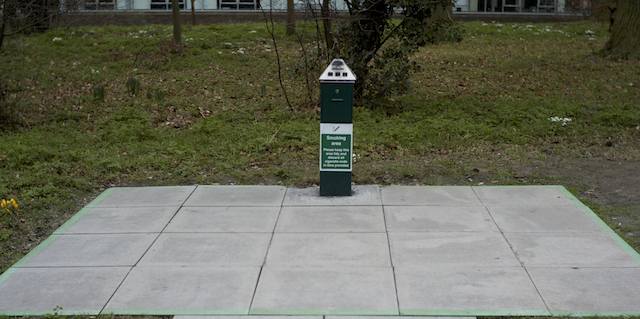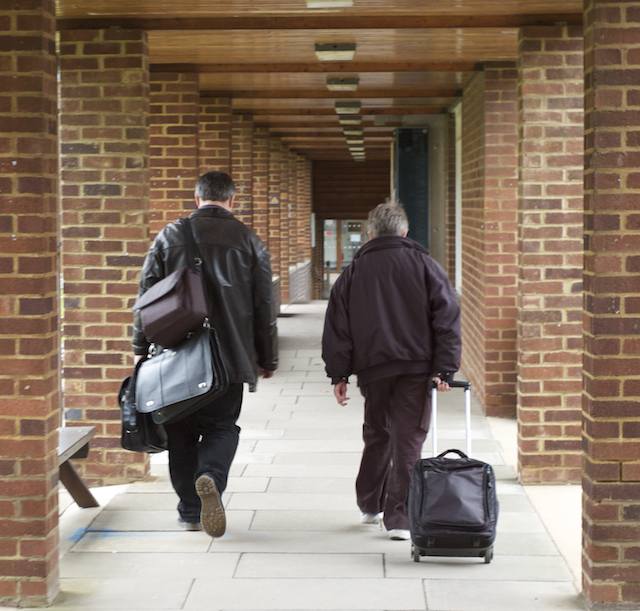Maybe it’s the downturn, but this statement by Tom Watson, the UK Minister for Digital Engagement is interesting.
Open Source has been one of the most significant cultural developments in IT and beyond over the last two decades: it has shown that individuals, working together over the Internet, can create products that rival and sometimes beat those of giant corporations; it has shown how giant corporations themselves, and Governments, can become more innovative, more agile and more cost-effective by building on the fruits of community work; and from its IT base the Open Source movement has given leadership to new thinking about intellectual property rights and the availability of information for re–use by others.
This Government has long had the policy, last formally articulated in 2004, that it should seek to use Open Source where it gave the best value for money to the taxpayer in delivering public services. While we have always respected the long-held beliefs of those who think that governments should favour Open Source on principle, we have always taken the view that the main test should be what is best value for the taxpayer.
Over the past five years many government departments have shown that Open Source can be best for the taxpayer – in our web services, in the NHS and in other vital public services.
But we need to increase the pace…



